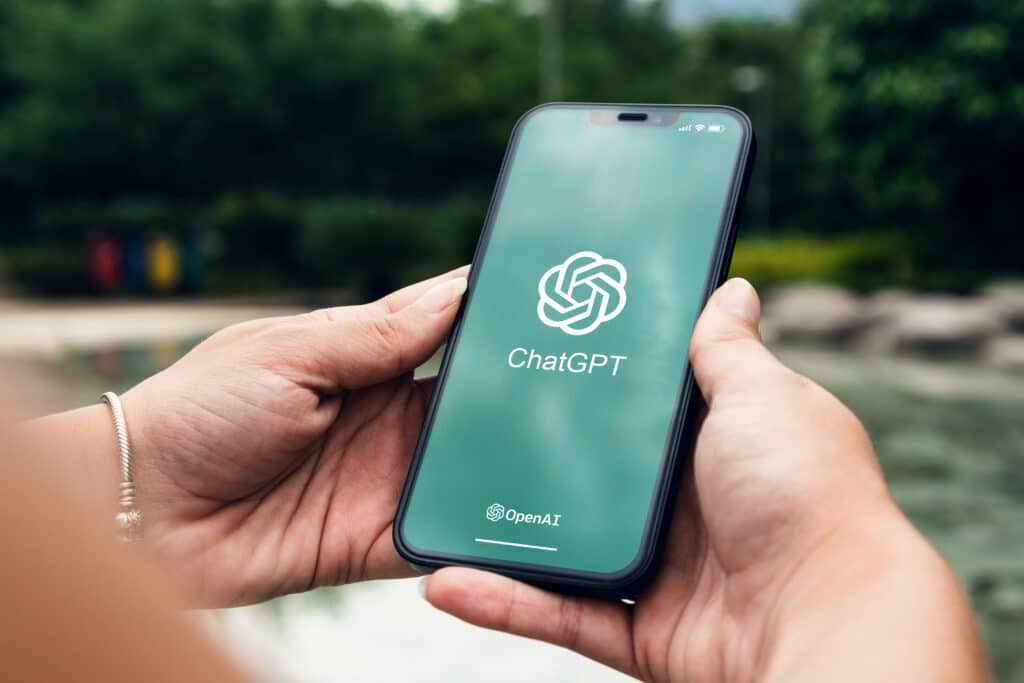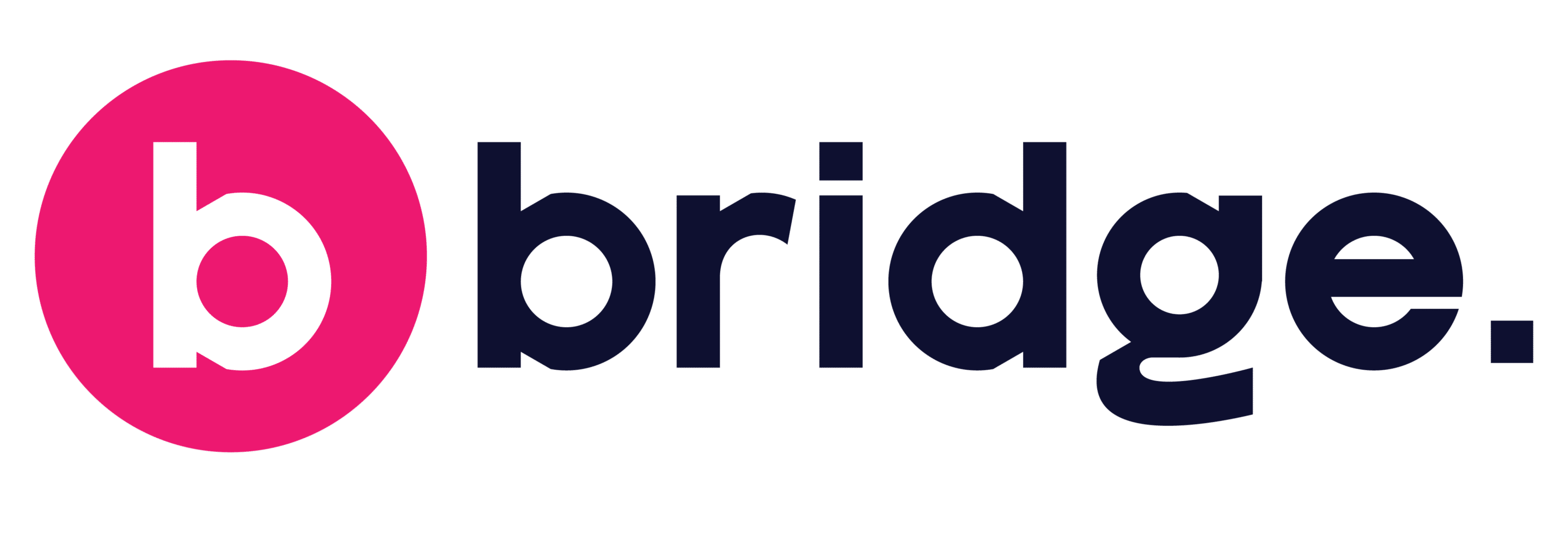In today’s rapidly evolving technological landscape, organisations are constantly seeking innovative ways to streamline their recruitment processes. One such approach gaining popularity is the use of AI-powered chatbots, like ChatGPT, to assist in conducting interviews and assessing candidates’ technical skills. While this can offer significant time and resource savings, it also raises concerns about ensuring authenticity and preventing cheating. In this blog post, we will explore the benefits and challenges of leveraging ChatGPT in interviews, balancing efficiency and authenticity along with strategies to combat cheating and maintain the integrity of the hiring process.

The Potential of ChatGPT in Recruitment Interviews:
ChatGPT, a powerful language model, offers a promising solution for enhancing efficiency in recruitment interviews. By automating the initial screening and technical assessment phases, companies can save considerable time and resources, allowing their human recruiters to focus on deeper evaluations and building relationships with top candidates. Additionally, ChatGPT’s ability to provide consistent and unbiased evaluations can help minimise human bias in the hiring process, leading to more diverse and inclusive teams. We explored the capabilities of ChatGPT in a recent blog and even used the software to write the blog for us.
Challenges and Risks:
While the integration of ChatGPT into recruitment processes can yield numerous benefits, it is not without its challenges. One of the key concerns is the potential for candidates to misuse the technology to cheat or gain an unfair advantage. Given the nature of AI chatbots, candidates may attempt to feed interview questions into ChatGPT and replicate the responses, making it difficult to discern their true technical abilities and problem-solving skills.
Combating Cheating and Ensuring Authenticity:
To maintain the integrity of the hiring process when using ChatGPT, companies should implement strategies to identify and combat cheating effectively. Here are some recommendations:
- Mix Personal and Technical Questions: Start the interview with a blend of personal conversational questions and technical inquiries. Candidates using ChatGPT may struggle to maintain a natural flow during personal conversations, exposing their reliance on the technology when transitioning to technical discussions.
- Observe Response Patterns: Pay close attention to the timing and quality of responses. Candidates leveraging ChatGPT might exhibit delayed responses or rephrase the question before answering, indicating their reliance on the chatbot for generating responses.
- Tailor Questions: Pose customised or follow-up questions based on the candidate’s previous responses to gauge their depth of understanding. ChatGPT might struggle to provide coherent answers when faced with intricate or unexpected inquiries, potentially revealing the candidate’s reliance on the chatbot.
- Technical Challenges and Whiteboarding: Incorporate hands-on technical challenges and whiteboarding sessions into the interview process. These exercises assess a candidate’s ability to apply their knowledge and problem-solving skills in real-time, making it more challenging to cheat using ChatGPT alone.
The use of AI chatbots, such as ChatGPT, in recruitment interviews can significantly enhance efficiency and objectivity in the hiring process. However, it is crucial to address the risks associated with cheating and ensure authenticity. By combining a mix of personal and technical questions, observing response patterns, tailoring questions, and incorporating practical assessments, companies can strike a balance between efficiency and maintaining the integrity of the interview process. Embracing technology thoughtfully, organisations leveraging the power of ChatGPT can identify the most qualified candidates while balancing the efficiency, authenticity and fairness of their recruitment practices.

